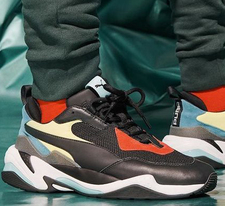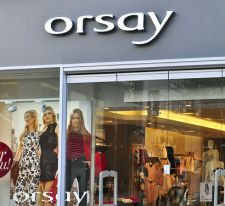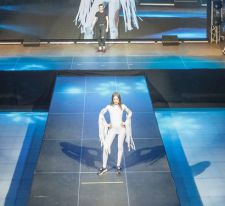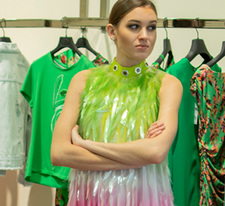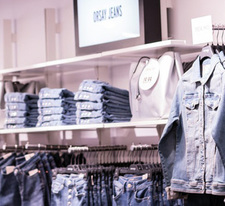Try it on 7 times – and don't return it!
The problem of returns purchased in online stores worries not only online sellers, but also environmentalists: the constant sending and receiving of parcels has an increasingly negative impact on the climate due to increased greenhouse gas emissions. The problem is becoming more and more urgent due to the steady growth of online turnover. For this reason, the German Federal Environmental Foundation (DBU) has decided to support the development of virtual fitting rooms.

DBU plans to contribute almost 445 thousand euros to a project that wants to take control of the refund problem. The project involves the German Institute of Textile and Fiber Research and IT companies Assyst and Avalution, owned by Human Solutions Group.
Comments Alexander Bonde, General Secretary of DBU : "Buying clothes online has already become a part of everyday life for many people. If the project is successful, it will become an example of how digital solutions can simultaneously achieve environmental and economic goals. The fewer refunds there are, the less harm to the environment."

Today, Germans purchase about 20% of clothing via the Internet. At the same time, from 25% to 50% of the clothes ordered online are returned. Retailers make life easier for consumers: refunds are free and are part of an online business. But many returns not only pollute the environment due to transport emissions, they become a separate problem if the packaging is damaged, because then the goods cannot be resold. Sometimes, due to the high cost of packaging, it is cheaper to destroy an item, even undamaged, than to repackage it again. The prevalence of this practice is evidenced by recent scandals in Amazon, H&M andBurberry.

The company Avalution wants to reduce the number of refunds by giving customers the opportunity to virtually try on clothes. This will avoid receiving orders for the same product of different sizes. Instead, the client will receive his personal avatar - a three-dimensional digital mirror image that exactly matches the parameters of his figure. The avatar will be able to virtually try on a piece of clothing and determine what size the buyer needs, as well as whether this model is suitable for him at all.
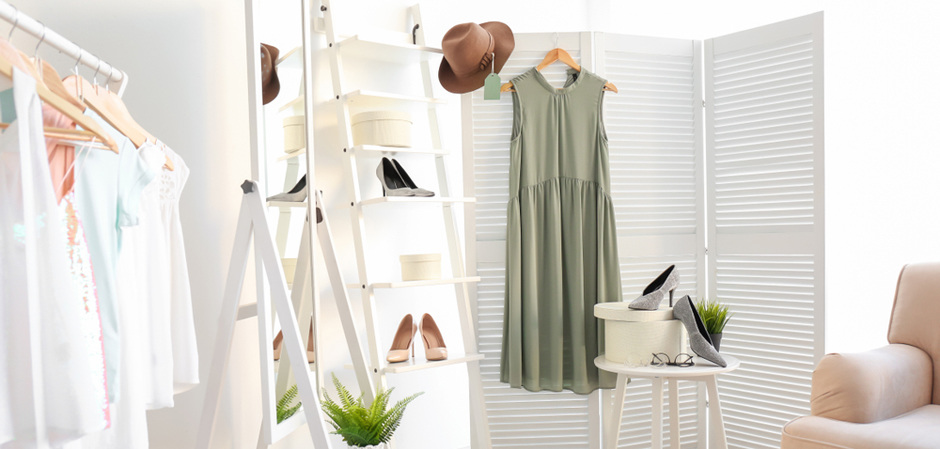
Comments Michael Stehr,Managing Director Avaluation, former Director of Fashion Management Systems Human Solutions Group:"We have the largest database of human body scans in the world. Based on this data, we create avatars using just a few basic parameters that the client can easily pick up.
Within the framework of the project, an approach is being developed that ensures transparency for the client of the impact of various purchase decisions on the environment. The customer will be able to understand at a glance that an order of several sizes has a much more negative impact on the environment than an order of one.
Based on the materials of Fashion United
Photo: shutterstock





